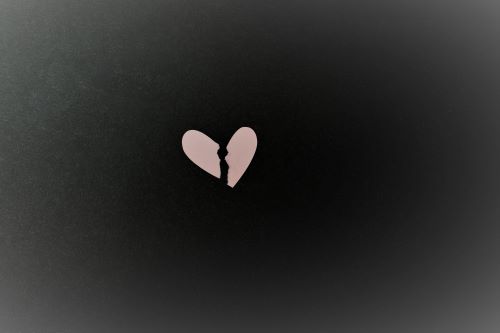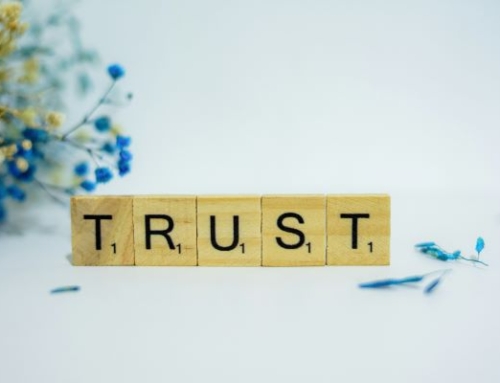“Am I a Failure at Grief?”
There is no right or wrong way to grieve

Photo by Kelly Sikkema on Unsplash
Written by Myra King-Kerge
“I keep feeling like I’m almost past my grief and then it hits me all over again. I don’t think I’m doing this right.”
Does that sound familiar? How often have you questioned whether or not you were grieving “right”? I have heard some form of these sentiments from every person I’ve ever supported through grief…every single one. My response is always the same: There is no right or wrong way to grieve and there is no expiration date on grief.
What is Grief?
The Western view on grief is that it is something that you passively experience over the course of about a year after a loved one dies. You are supposed to progress from a starting phase, continue through subsequent levels and, by the end, your grief should be complete. Once you’ve neatly gone through each distinct stage, you can carry on with life.
In actuality, grief is a participation sport that has no rules, no linear timeline, and again…no expiration date.
“Everyone grieves in different ways. For some, it could take longer or shorter. I do know it never disappears. An ember still smolders inside me. Most days, I don’t notice it, but, out of the blue, it’ll flare to life.”
— Maria V. Snyder, “Storm Glass”
Contrary to popular belief, time does not heal everything. Rather, you learn how to move forward in your new reality through active engagement and letting things be, well, messy.
It is also important to note that grieving is not only associated with death. People who have never experienced the loss of someone near to them can still experience deep and all-consuming grief. It can be over the end of a relationship, the loss of a job; you may even grieve through the changes as you age or evolve in your worldview. The sorrow of loss often accompanies the realization of something you once had that is no longer.
Engaging in Your Grief
Feeling sad isn’t fun. Because of this most of us try to avoid thinking about what we’ve lost. This, in turn, leads to us ignoring or emotionally stuffing our painful feelings. We, as a society, are often led to believe that no longer feeling sad equates to us being over the loss.
But, it’s still there in the background just waiting for the right moment to come out and slap you in the face. By avoiding grief, you are giving it power. When you actively engage with it, however, you gain strength and increased resilience. This allows you to move forward in life even while still in pain.
Actively engaging with your grief can take several different forms. One of them is simply acknowledging your loss. In the very beginning, you may be shocked and filled with disbelief, but as time goes on it helps to start acknowledging that a loss has happened.
Another important task is to actually process the pain and loss. This is where more formal support and/or therapy can come into play. It can help to have an outside person help you navigate through the extremely wide and sometimes volatile range of emotions that arise. At some point, you need to allow yourself to miss what you’ve lost, be angry, cry, feel relieved or guilty; basically to feel all the uncomfortable, confusing, and contradicting feelings.
Thirdly, it helps to begin to adjust to your new reality (some like to say, “new normal”, but let’s be honest—there is never anything normal about the gaps left behind and it is completely ok to acknowledge that). Adjusting may look like you taking on new jobs that the person you lost may have done or adapting holiday traditions based on new family dynamics. It could look like a change in how you perceive your role in the world at large or even in what you expect out of life. Whatever it might look like for you, adapting to the present, as difficult as that may be, is a big part of healing.
Finally, it helps to find or recognize the enduring connection to that which you have lost. It’s important to recognize that you are forever connected to this person or thing that you have lost. That connection will never disappear, even if physically things have changed. Your life has been shaped by them/it, and you can carry that emotional currency forward.
Your Process is Unique to You
Although there are certain things that tend to be part of the overall grieving process, remember that these actions do not have to be completed step-by-step nor are they remotely linear. You will often find yourself bouncing from one to another and revisiting some more than others. All of that is perfectly ok.
Remember, grief has no timeline. Don’t let anyone tell you that you “should be over it”, and that includes mental health professionals. Grief is, in many ways, permanent. It doesn’t completely go away, but it also doesn’t need to dominate and stall your life. Embrace your grief, learn from it, challenge it, and use it as a building block rather than a wrecking ball.
No matter how you experience it, you are not and never will be a failure at grief.









